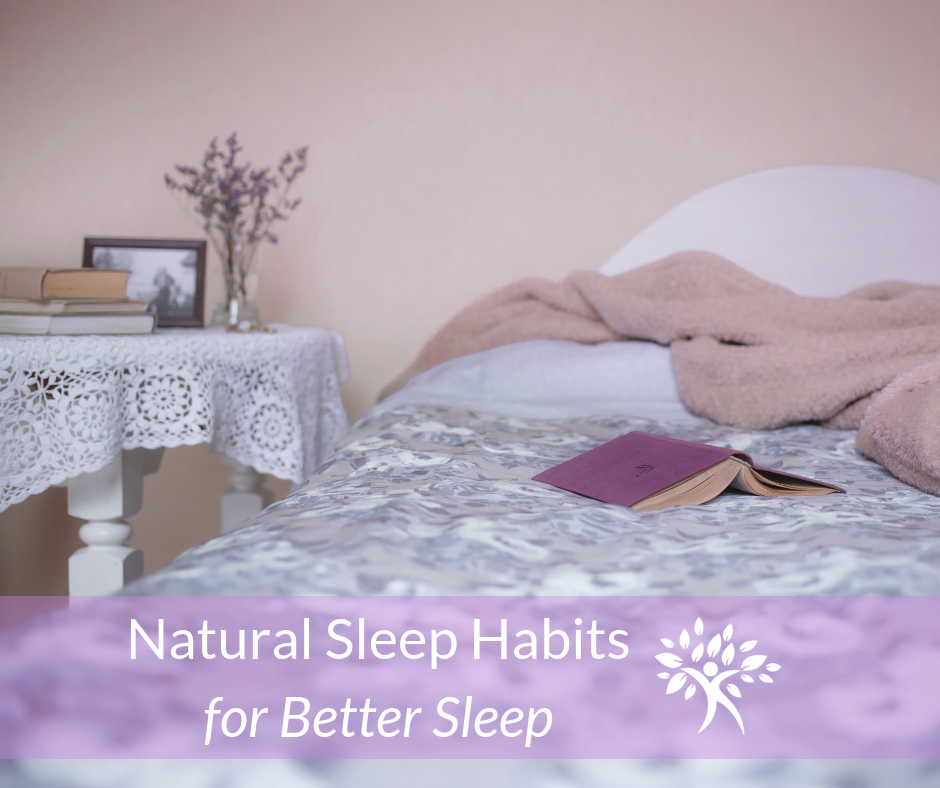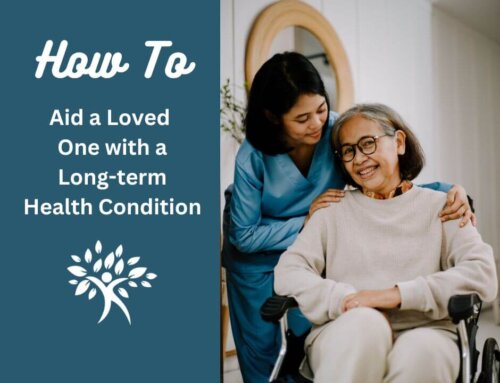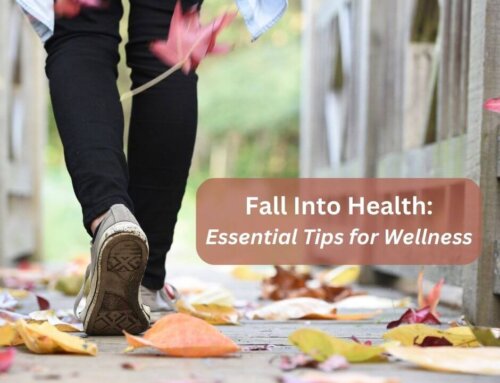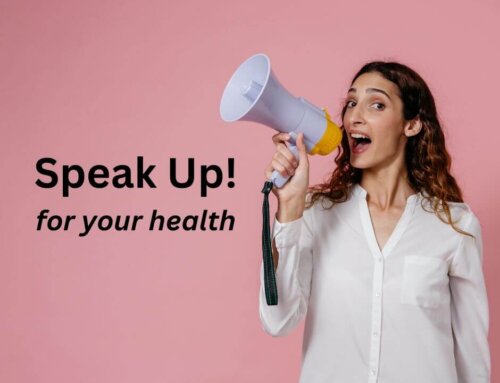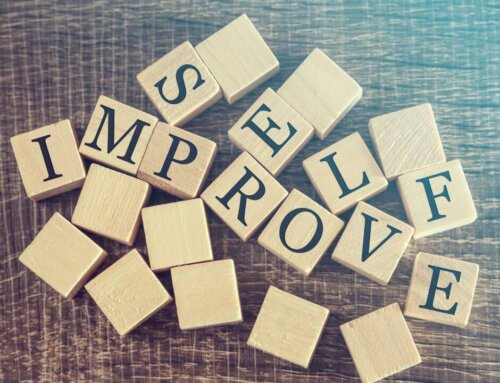Everyone has the occasional restless night. However, if you’re experiencing sleep problems more often than not, it’s cause for concern. Insomnia can trigger a cascade of health problems, from mental health challenges to decreased immunity.
For help, many of us reach for prescription or over-the-counter sleep aids. But sleep aids only mask insomnia; they don’t address the underlying cause. When people stop taking sleep aids, their insomnia usually comes back — sometimes with a vengeance. If you develop a dependence on sleep aids, you may have even more trouble sleeping after you stop taking.
Natural remedies like L-theanine, ashwagandha, and magnolia bark can help you sleep without the negative side effects of sleep aids. However, before you turn to supplements, it’s worth examining how your habits and environment affect your sleep.
How Your Bedroom Influences Sleep
Your bedroom isn’t just a place to put your mattress and clothes. The bedroom should be a restful environment that triggers relaxation. Unfortunately, many of us use our bedroom for things other than sleep, like working from home or watching TV. Doing so might seem harmless, but inviting mental stimulation into the bedroom affects your ability to unwind at night.
The design of your bedroom matters too. The ideal bedroom is free of lights and sounds that could disturb your sleep. You might not be able to prevent outside noise, but you can use blackout curtains, soundproofing, and white noise to make your bedroom as distraction-free as possible.
Think beyond your bedroom’s physical décor: High temperatures and humidity lead to uncomfortably hot and stuffy bedrooms, while too little humidity dries out your throat and nasal passages, making it harder to breathe. This is particularly a problem in winter when the air is drier. Use a humidifier to maintain ideal humidity in the bedroom, but make sure you maintain it and change the filter regularly or you could end up with indoor air quality problems.
How Your Habits Affect Sleep
Good sleep starts long before bedtime rolls around. The choices you make throughout each day impact your ability to rest at night.
The habits that promote quality sleep are known as sleep hygiene. The National Sleep Foundation defines sleep hygiene as “a variety of different practices and habits that are necessary to have good nighttime sleep quality and full daytime alertness.” It sounds simple enough, but many of us do things that harm our sleep without realizing it.
Using electronics before bed is a common one. Because the light emitted by TVs and smartphones is so similar to natural light, it disrupts your circadian rhythm, the internal clock that tells your body when it’s time to sleep or time to be awake. This circadian rhythm disruption is compounded by the fact that many people don’t spend enough time outside absorbing actual natural light. To regulate your circadian rhythm, expose yourself to morning sunlight or use a light box in the mornings and avoid bright artificial lights close to bedtime.
Irregular sleep patterns are another common cause of sleep problems. When it comes to sleep, our bodies thrive on predictability. Going to bed and waking up at different times each day makes it harder for your body to regulate its internal clock. Maintaining a consistent sleep schedule, even on weekends, will improve your ability to fall asleep and wake up rested.
For more bad habits that may be disrupting your sleep, read Verywell’s guide.
Talk to your Naturopath about Improving Sleep
Of course, sometimes sleep problems call for more drastic measures than a redesigned bedroom and a regular bedtime. If you’ve taken all the steps to improve your sleep hygiene and sleep environment and you’re struggling with insomnia or fatigue, talk to a naturopath before reaching for conventional sleep aids. Naturopathic counseling can help you find the lifestyle changes and natural remedies to improve your sleep without risking harmful side effects.


